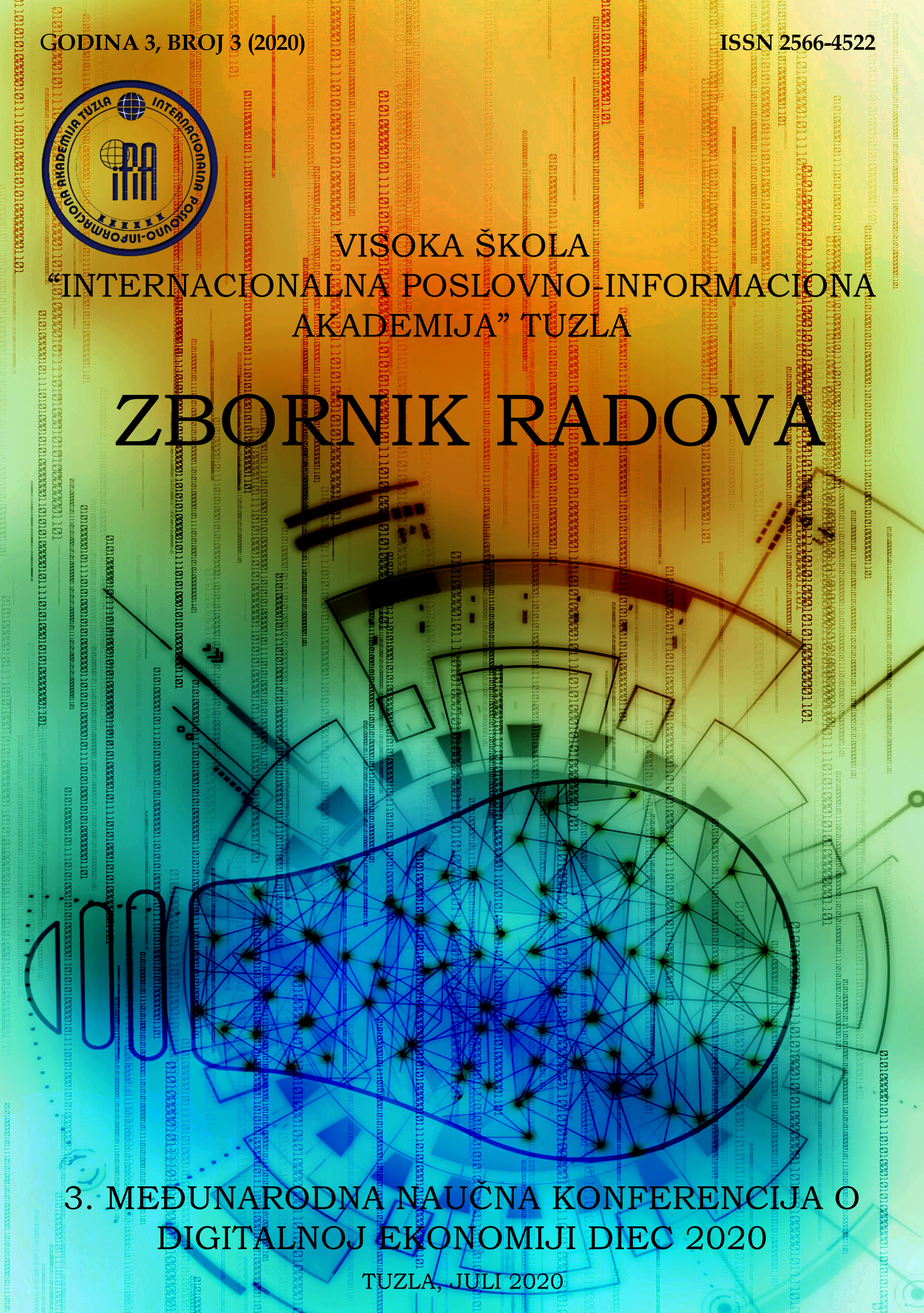INTRODUCING ELECTRONIC ELECTIONS WITHOUT ENFORCING THE JUDGMENTS OF THE EUROPEAN COURT OF HUMAN RIGHTS – DIGITIZATION WITHOUT SUBSTANTIAL DEMOCRATIZATION
INTRODUCING ELECTRONIC ELECTIONS WITHOUT ENFORCING THE JUDGMENTS OF THE EUROPEAN COURT OF HUMAN RIGHTS – DIGITIZATION WITHOUT SUBSTANTIAL DEMOCRATIZATION
Author(s): Benjamin NurkićSubject(s): Law, Constitution, Jurisprudence, Constitutional Law, Human Rights and Humanitarian Law, Electoral systems, ICT Information and Communications Technologies
Published by: Internacionalna poslovno – informaciona akademija
Keywords: election;, digitization; liberal-democratic values; democratization; elections reform;
Summary/Abstract: Proposing the introduction of electronic elections and allowing the citizens of Bosnia and Herzegovina to vote electronically in elections has raised question whether such a reform of the electoral process would improve the democratic capacity of the electoral process. The outdated electoral process in the technical sense is definitely one of the problems of Bosnia and Herzegovina and its reform would certainly contribute to better transparency and efficiency of electoral process. Besides the technical problems that can be solved by digital reform, Bosnia and Herzegovina has the problem of the inadequacy of the electoral system with liberal-democratic values. The judgments of the European Court of Human Rights in the case of Sejdić and Finci v. Bosnia and Herzegovina, case of Zornić v. Bosnia and Herzegovina and case of Pilav v. Bosnia and Herzegovina, found that Bosnia and Herzegovina had an obligation to eliminate systematic discrimination against citizens of Bosnia and Herzegovina who are not members of constituent people. Bosnia and Herzegovina's current electoral system favors members of the constituent peoples vis-à-vis other citizens of Bosnia and Herzegovina, in terms of running and voting for certain state functions which is contrary to the liberal-democratic values of treating citizens as individuals rather than as members of certain ethnic communities. Therefore, the first necessary reform of the electoral process of Bosnia and Herzegovina is to guarantee equal rights to all citizens of Bosnia and Herzegovina throughout the territory in terms of active and passive suffrage, thus ensuring full democratic legitimacy of the electoral process. The introduction of electronic elections with electronic voting would mark the digitization of a substantially retrograde electoral process which would cast doubt on the positive impact of digitization on the electoral process. Since, in such circumstances, digitization would only mark a superficial reform of the retrograde process, by abandoning essential democratization of the electoral process in Bosnia and Herzegovina.
Journal: Zbornik radova Međunarodne naučne konferencije o digitalnoj ekonomiji DIEC
- Issue Year: 3/2020
- Issue No: 3
- Page Range: 81 - 87
- Page Count: 7
- Language: English

